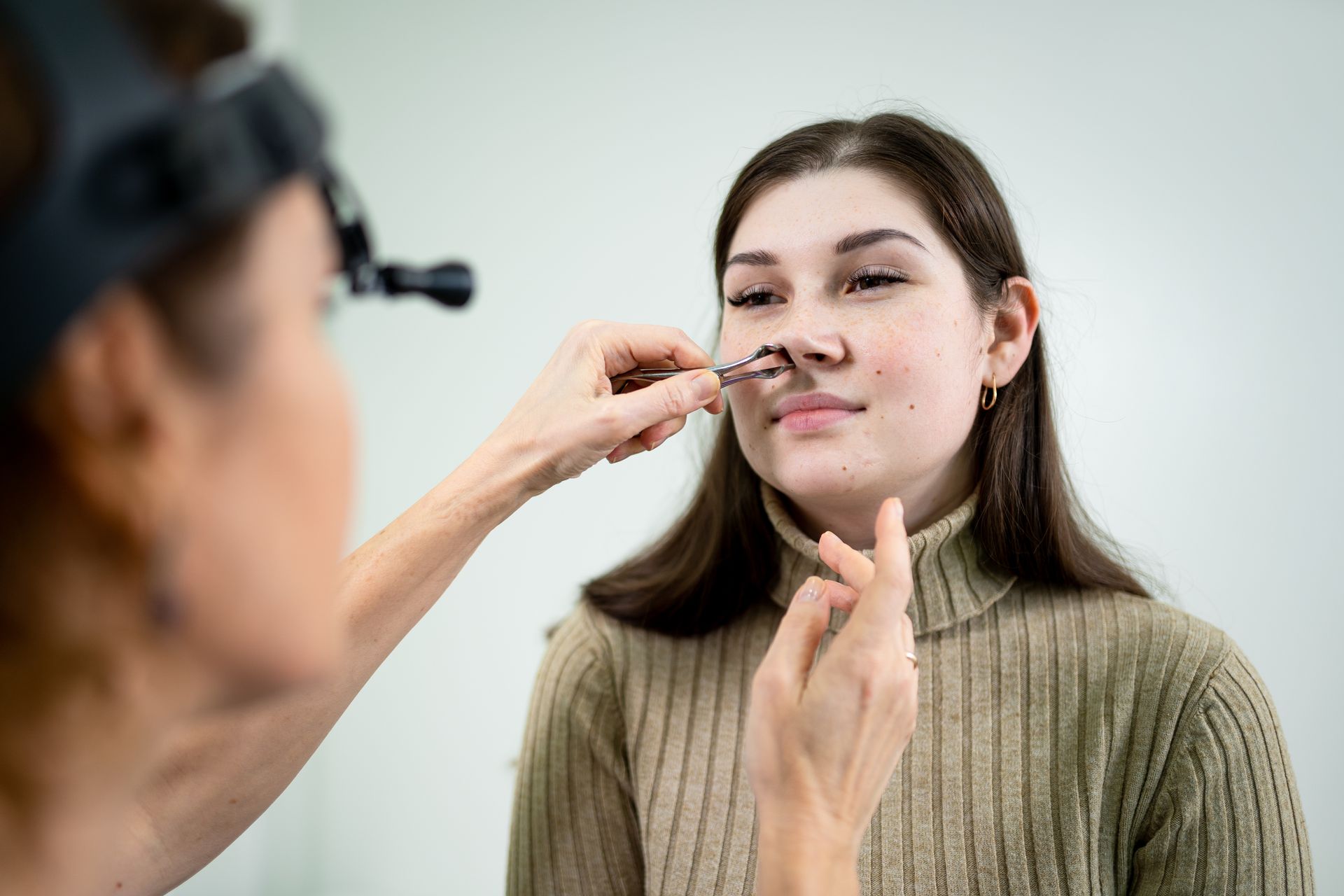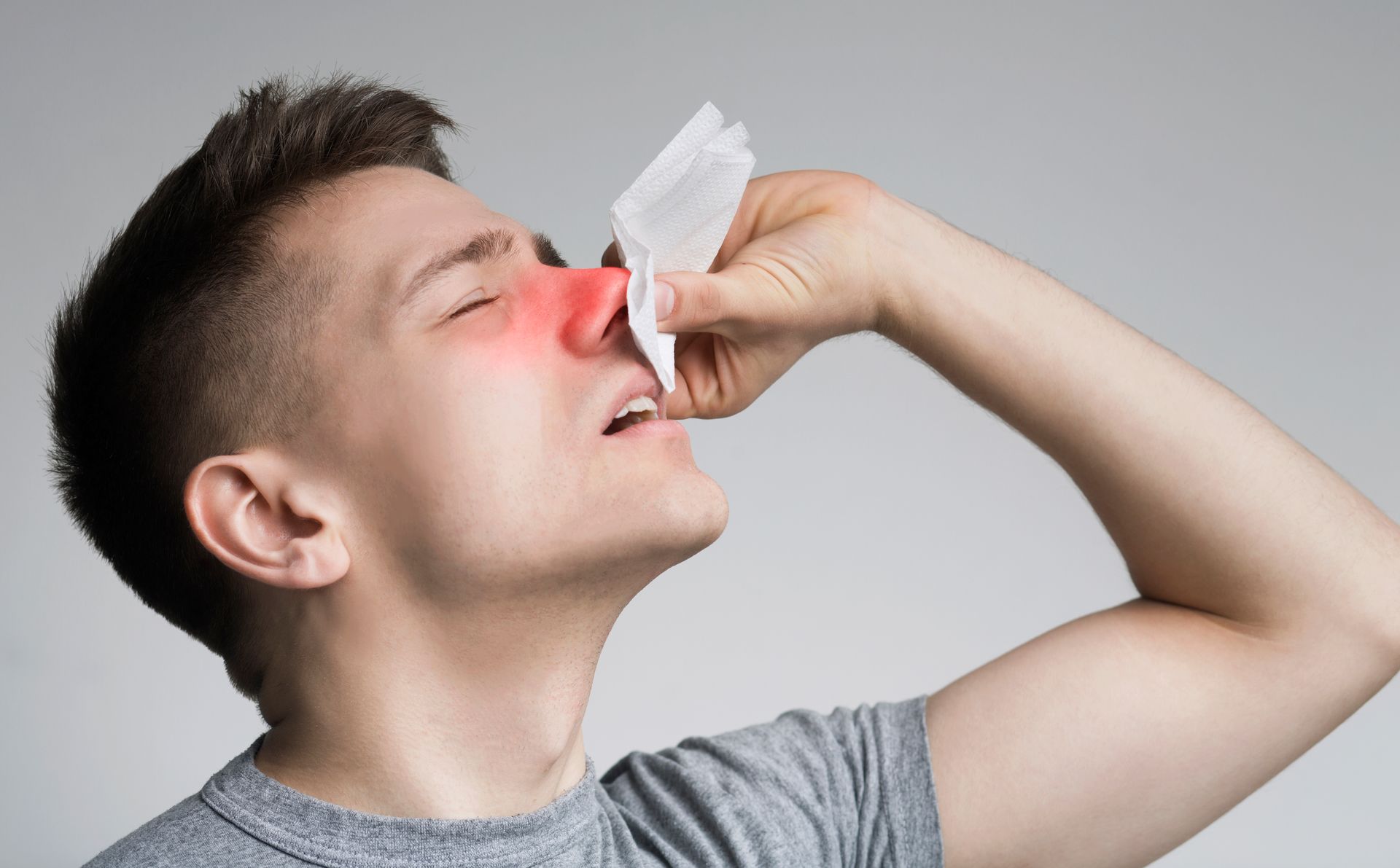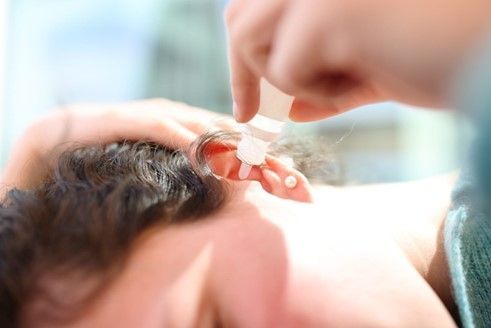How a Strong Immune System Helps Prevent Common ENT Infections
A resilient immune system serves as the body's frontline defense against a myriad of threats, including common Ear, Nose, and Throat (ENT) infections. This blog explores the vital role of a strong immune system in preventing ENT infections and offers insights into bolstering your natural defenses.
Understanding ENT Infections
Ear, Nose, and Throat infections, ranging from sinusitis and otitis media to sore throats and laryngitis, are often caused by bacteria, viruses, or fungi. While these infections can be bothersome and disruptive, a robust immune system fends off these invaders before they escalate.
The Immune System's Defense Mechanisms
- Innate Immunity: The body's initial defense against pathogens, including physical barriers like skin and mucous membranes that prevent invaders from entering.
- Adaptive Immunity: Specialized immune cells that recognize and target specific pathogens, creating a tailored response for enhanced protection.
- Inflammatory Response: Mobilizing immune cells to the site of infection, triggering inflammation to combat pathogens effectively.
Ways to Boost Your Immune System
- Nutritious Diet: Incorporate immune-boosting foods rich in vitamins, minerals, and antioxidants to support optimal immune function.
- Regular Exercise: Physical activity enhances immune response and circulation, reducing the risk of infections.
- Adequate Rest: Prioritize quality sleep to allow the body to repair and recharge, strengthening immune defenses.
- Stress Management: Chronic stress can weaken the immune system, so practice relaxation techniques to mitigate its impact.
- Hygiene Practices: Maintain good hygiene habits to prevent the spread of germs and reduce the risk of infections.
Preventing Common ENT Infections
- Hand Hygiene: Regular handwashing helps prevent the transmission of pathogens that cause ENT infections.
- Respiratory Etiquette: Cover your mouth when coughing or sneezing to minimize the spread of respiratory droplets.
- Vaccinations: Stay up to date on immunizations, such as flu shots, to protect against common viral infections.
- Allergy Management: Addressing allergies can reduce inflammation in the sinuses and respiratory tract, lowering the risk of ENT infections.
Conclusion
A robust immune system serves as a formidable shield against common ENT infections by identifying and neutralizing potential threats effectively. By adopting healthy lifestyle practices, maintaining proper hygiene, and prioritizing immune-boosting habits, you can fortify your body's defenses and reduce the likelihood of developing ear, nose, and throat infections. Remember, a proactive approach to immune health is key to safeguarding your overall well-being against infectious challenges.
At Kentuckiana ENT, we have partnered with ENT Care Centers to provide you with comprehensive and compassionate care. We are dedicated to providing efficient and easily accessible ENT care to patients in Louisville, Kentucky, and Jeffersonville, Indiana. Schedule an appointment with us today! Should you have any inquiries, please feel free to call us at 502-894-8441 or reach out to us online.













